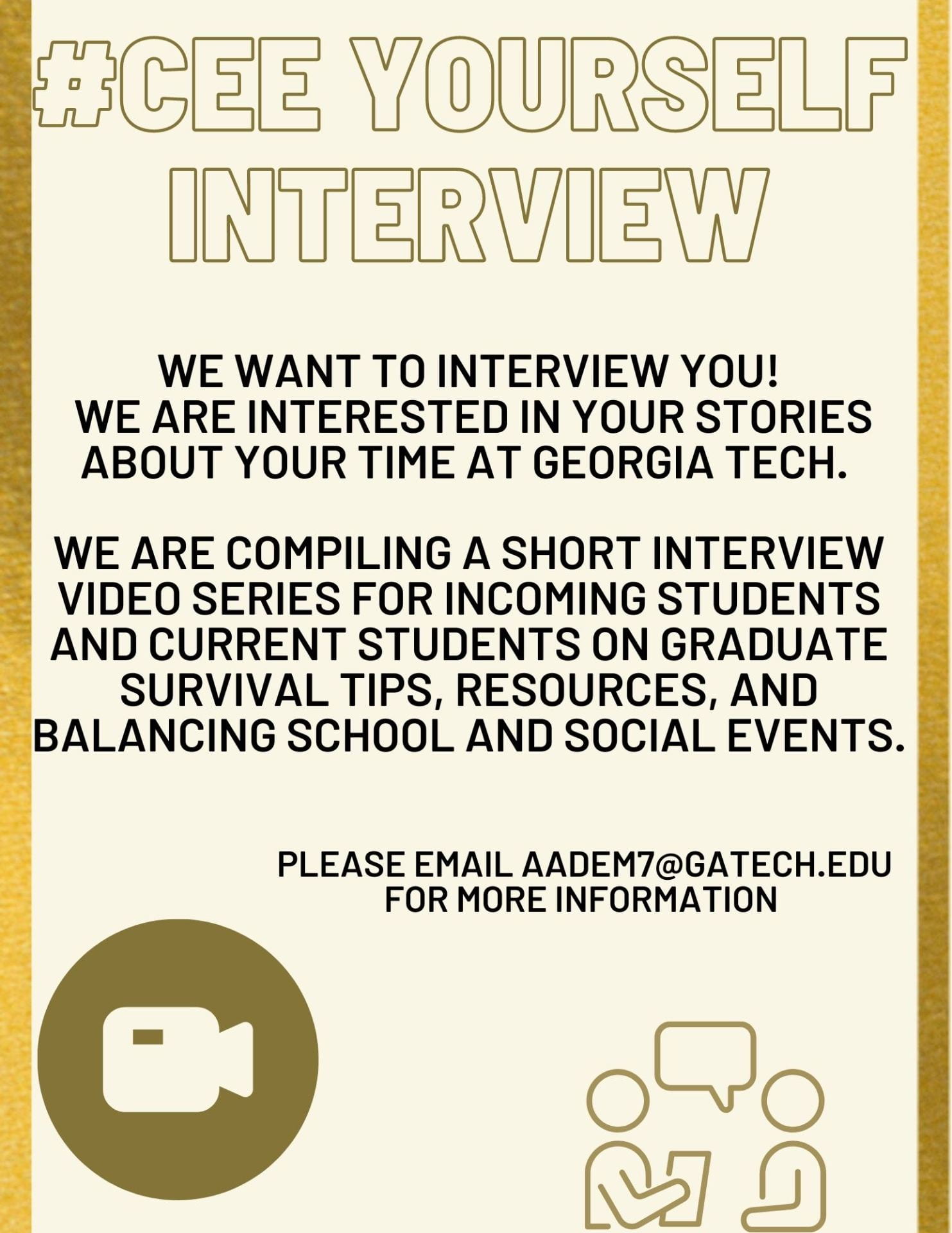Applications for a Postdoctoral Fellow position for a project on quantifying the external environmental, health, equity, and economics costs of transportation civil infrastructure projects are invited. The anticipated start date is September 1, 2022. This one-year position is renewable for a second year upon satisfactory performance in the first year. The full advertisement can be found here.
Successful applicants will have strong analytical abilities and a solid publication record; a keen interest in improving environmental, economic, and equity outcomes of transportation systems and decision-making; the ability to work independently; and excellent written and verbal communication skills, including the ability to communicate clearly with both academic and practitioner audiences. Experience with transportation decision-making, transportation project performance assessment, lifecycle assessment, social cost accounting, and/or related areas is preferred. Applicants must have a Ph.D. and at least one degree in civil engineering, sustainability science, economics, or a related field. Depending on their interests, the postdoctoral fellow may also have opportunities to write proposals, engage in other research at UVM, and/or teach civil and environmental engineering courses.
The applicant must submit a cover letter describing their relevant experience and interest in the position, a current curriculum vitae, and names and contact information of at least three professional references who can provide letters of reference. All application materials should be sent to Prof. Mandar Dewoolkar (mdewoolk@uvm.edu) as a single PDF file. Applications will be reviewed beginning July 1, 2022 and will be accepted until the position is filled.


